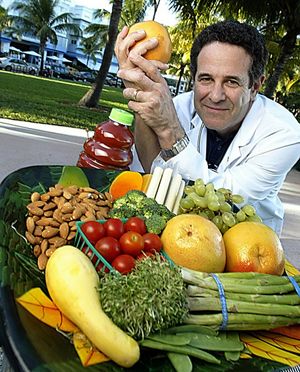"Findings from our study should be reassuring to patients who rely on community health centers for their care," said Ellen Kurtzman, associate professor in the GW School of Nursing and lead author of the paper. "We found that care is likely to be comparable regardless of whether patients are seen by a nurse practitioner, physician assistant or physician."
As the country grows more dependent on community health centers, particularly in medically underserved areas that tend to serve low-income, uninsured, immigrant and minority populations, the health care system is increasingly relying on non-physician clinicians to provide primary care.
To assess the care patients received in community health centers, Dr. Kurtzman and her team reviewed five years of data from the National Ambulatory Medical Care Survey's Community Health Center subsample and compared nine patient outcomes by practitioner type. The patient outcomes were:
- Three quality indicators (smoking cessation counseling, depression treatment, ordering/prescribing of statins for hyperlipidemia [high levels of fat particles in the blood])
- Four measures of service utilization (physical exams, total number of health education/counseling services, imaging services, total number of medications)
- Two measures of referral pattern (return visits at a specified time, physician referrals)
The researchers found that visits to nurse practitioners and physician assistants received similar quality, services and referrals as those made to physicians.
The research is encouraging for health center administrators who must meet the medical demands of their communities without compromising care. It is also important for policymakers who establish occupational policies that often restrict the autonomy of non-physician clinicians, such as nurse practitioners and physician assistants.
Another recent study led by Dr. Kurtzman that used the same dataset found that nurse practitioner outcomes did not vary in states with and without occupational restrictions of these clinicians. This suggests that lawmakers may be able to ease state restrictions without compromising the quality of patient care. The study, "Does the Regulatory Environment Affect Nurse Practitioners' Patters of Practice or Quality of Care in Health Centers?" was published in
Health Services Research on Jan. 27.

